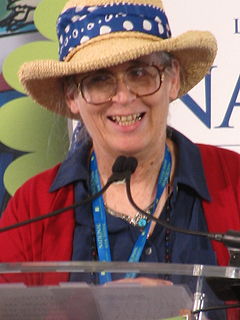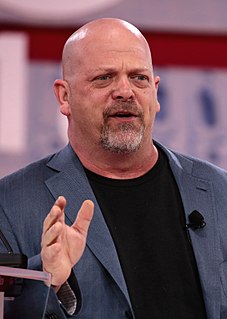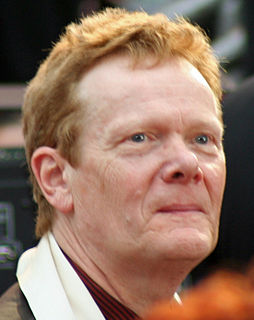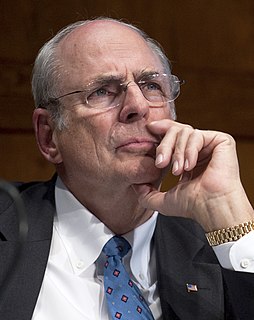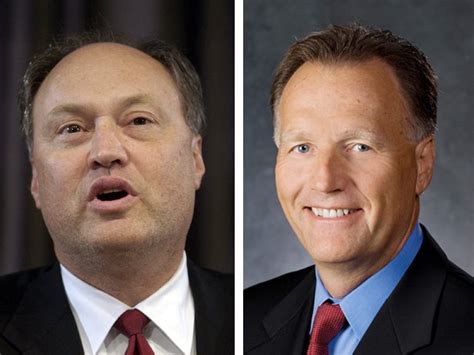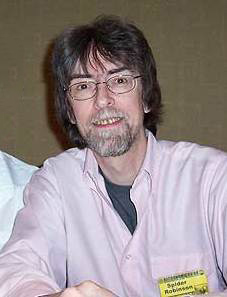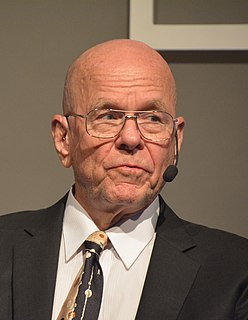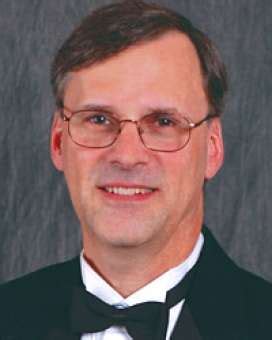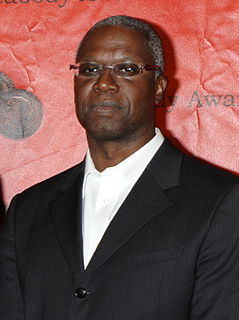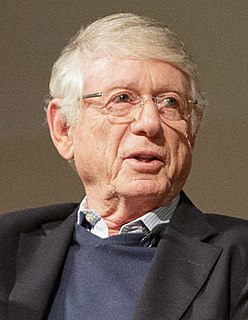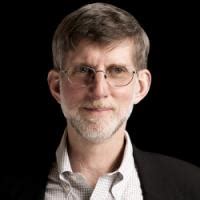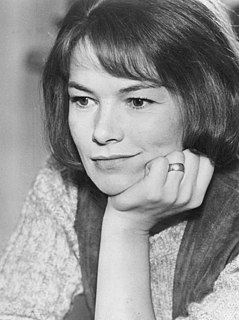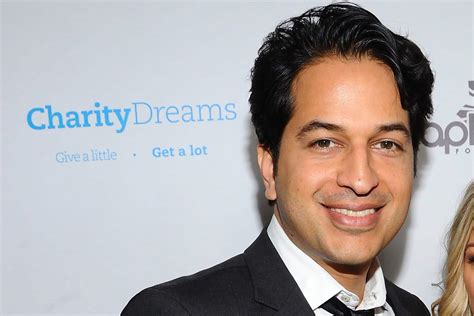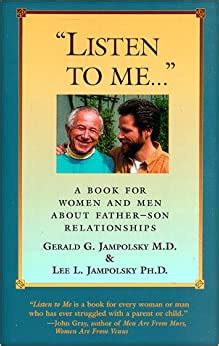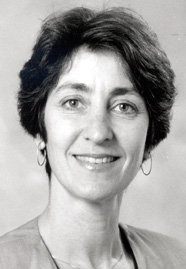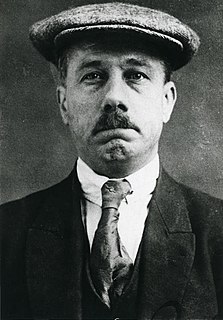Top 1200 Essential Questions Quotes & Sayings - Page 3
Explore popular Essential Questions quotes.
Last updated on November 19, 2024.
Science will always raise philosophical questions like, is any scientific theory or model correct? How do we know? Are unobserved things real? etc. and it seems to me of great importance that these questions are not just left to scientists, but that there are thinkers who make it their business to think as clearly and slowly about these questions as it is possible to. Great scientists do not always make the best philosophers.
My feeling, however, is that films that are open are more productive for the audience. The films that, if I'm in a cinema, and I'm watching a movie that answers all the questions that it raises, it's a film that bores me. In the same way, if I'm reading a book that doesn't leave me with questions, moving questions, that I feel confronted with, then for me it's a waste of time. I don't want to read a book that simply confirms what I already know.
This is what it is to be human: to see the essential existential futility of all action, all striving -- and to act, to strive. This is what it is to be human: to reach forever beyond your grasp. This is what it is to be human: to live forever or die trying. This is what it is to be human: to perpetually ask the unanswerable questions, in the hope that the asking of them will somehow hasten the day when they will be answered. This is what it is to be human: to strive in the face of the certainty of failure. This is what it is to be human: to persist.
We have a word game in English called "Twenty questions." To play Twenty Questions, one player imagines some object, and the other players must guess what it is by asking questions that can be answered with a "yes" or a "no." I imagine every language has a similar game, and, for those of us who speak the language of science, the game is called The Scientific Method.
When people ask me what philosophy is, I say philosophy is what you do when
you don't know what the right questions are yet. Once you get the questions
right, then you go answer them, and that's typically not philosophy, that's
one science or another. Anywhere in life where you find that people aren't
quite sure what the right questions to ask are, what they're doing, then,
is philosophy.
If you don't understand, ask questions. If you're uncomfortable about asking questions, say you are uncomfortable about asking questions and then ask anyway. It's easy to tell when a question is coming from a good place. Then listen some more. Sometimes people just want to feel heard. Here's to possibilities of friendship and connection and understanding.
Many of the questions we ask God can't be answered directly, not because God doesn't know the answers but because our questions don't make sense. As C.S. Lewis once pointed out, many of our questions are, from God's point of view, rather like someone asking, "Is yellow square or round?" or "How many hours are there is a mile?
Healing from our past is an essential aspect of expanding our sense of self and awakening our capacity to love. This shift often manifests as a change in the questions we've been asking ourselves. Instead of What do I need? we ask, How can I serve? Instead of What am I getting out of this? we start to ask, What can I bring to this situation to promote the highest possible outcome for everyone involved?
Look, fundamentally there are two sets of questions that apply in the war against terrorism. The one set of questions deals with the, "Where is it going to happen? What's going to happen? When is it going to happen?" The other set of questions deals with, "What is it that our enemy, the terrorists, are trying to achieve?" What are they trying to induce us to do?
Political journalists love graduate student intelligence, the ability to make clever allusions in seminars, and in 1999-2000, they hassled George W Bush for not having it. They didn't realise what this book succinctly displays: that the president has something far more important - CEO intelligence, the ability to ask tough questions, garner essential information and make discerning decisions.
Most people believe that great leaders are distinguished by their ability to give compelling answers. This profound book shatters that assumption, showing that the more vital skill is asking the right questions…. Berger poses many fascinating questions, including this one: What if companies had mission questions rather than mission statements? This is a book everyone ought to read—without question.





